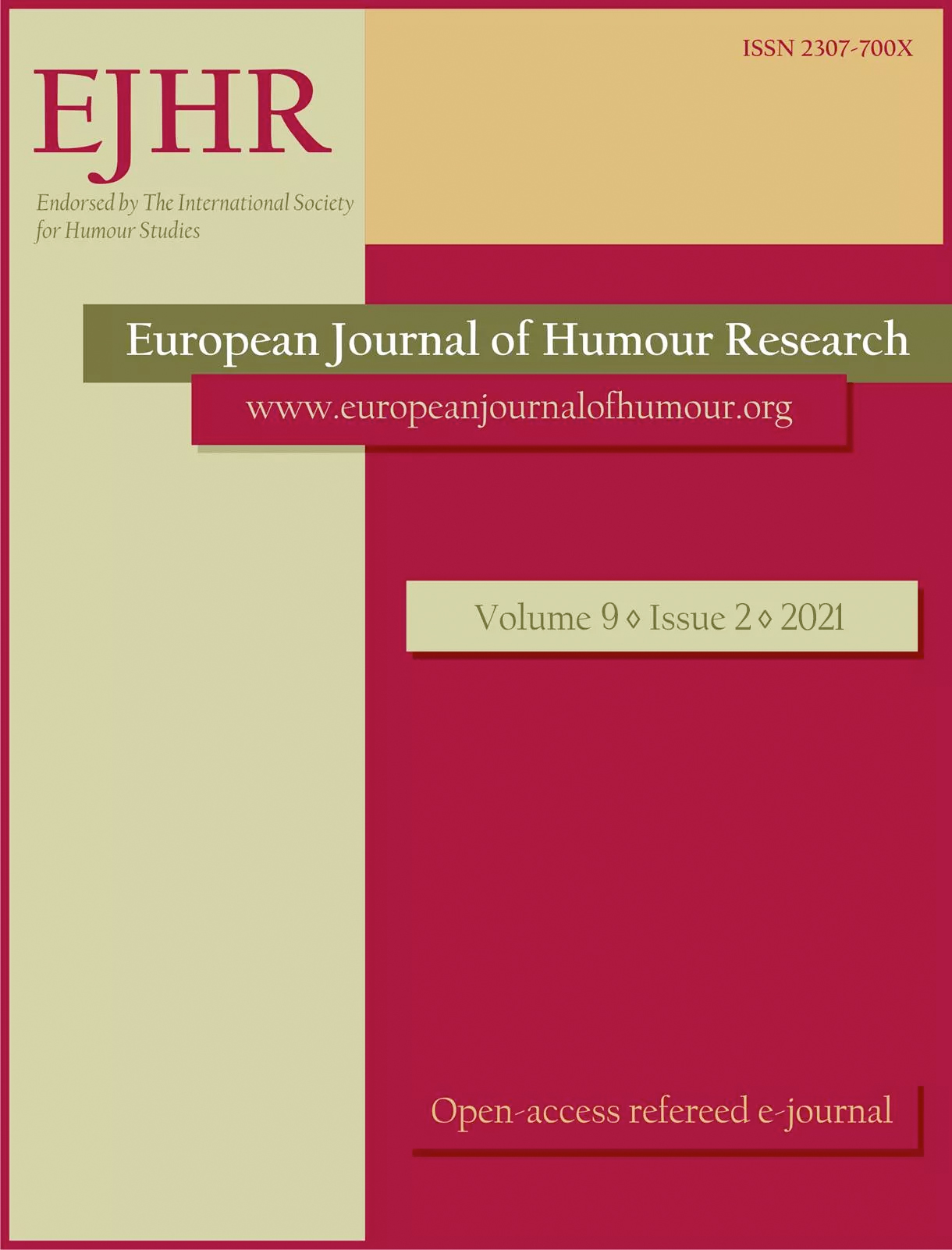Laughing with machines:
Laughing with machines:
philosophical analysis on the preconditions of sense of humour for machines
Author(s): Jarno HietalahtiSubject(s): Philosophy, Language and Literature Studies, Applied Linguistics, Ethics / Practical Philosophy, Social Philosophy, Psycholinguistics, Sociolinguistics
Published by: Krakowskie Towarzystwo Popularyzowania Wiedzy o Komunikacji Językowej Tertium
Keywords: artificial intelligence; incongruity theory; humour; laughter; humanity;
Summary/Abstract: This article will analyse the preconditions of sense of humour for artificial intelligence. Can artificial intelligence have a sense of humour? Is there a difference between human and machine laughter? Some machines already fulfil certain conditions which are associated with the human sense of humour: on the most superficial level machines appear to laugh and produce jokes, and they recognise sarcasm and punchlines, and they can evaluate funniness. In short, artificial intelligence is already able to recognise humour, and reacts to it accordingly. Furthermore, people laugh with humorous machines. However, it is still uncertain whether artificial intelligence can have a sense of humour or not, at least in comparison to a human sense of humour. To build bridges between AI research and philosophy of humour, this article proposes that there are (at least) five notable philosophical issues to be addressed if we are to accept that machines can have a (humanlike) sense of humour. These principles are: 1) worldview, 2) self-consciousness, 3) self-reflection, 4) self-criticism, and 5) losing control.
Journal: The European Journal of Humour Research
- Issue Year: 9/2021
- Issue No: 2
- Page Range: 154-171
- Page Count: 18
- Language: English

